Are you wondering how much you can really make selling online courses? You’re not alone! Many of us dream of turning our knowledge into income, but it can feel a bit overwhelming when you see the myriad of options and strategies out there.
But don’t worry! If you stick with me, I’ll break everything down and reveal the secrets to maximizing your earnings in this booming market. You’ll discover what factors influence your income and how to effectively market your courses.
Ready to dive in? We’ll explore how much you can expect to earn, the best course pricing strategies, and even success stories that will inspire you to take the leap!
Key Takeaways
- You can earn between $1,000 to $5,000 a month selling online courses, with top earners making over $100,000 a year.
- Your course topic and pricing strategy significantly influence your earnings.
- Successful marketing through social media and email is essential for attracting students and increasing sales.
- Choosing the right platform can impact your success; weigh options like Udemy, Teachable, Thinkific, or self-hosting.
- High-quality, engaging content is crucial for retaining students and ensuring satisfaction.

How Much Can You Make Selling Online Courses?
When it comes to selling online courses, the potential earnings can range from a few hundred to several thousand dollars per month.
Some course creators boast six-figure incomes, while others may make nothing—so let’s break down the average income and factors that affect those earnings.
Average Income from Online Courses
Research suggests that many course creators earn between $1,000 to $5,000 a month.
However, top earners can surpass $100,000 a year by scaling their offerings and tapping into the right market.
So, if you’re wondering whether this could be a lucrative side hustle or a full-time gig, the answer really depends on your effort and strategy.
Factors Affecting Course Earnings
Several factors can impact how much you can make selling courses.
Your course topic plays a critical role; some niches are more profitable than others.
For instance, tech skills and business courses usually attract more paying students than hobbies or niche topics.
Another factor is the pricing strategy you choose—setting the right price can either make or break your sales.
Lastly, your marketing efforts directly influence your reach and increase the chances of generating income.
Understanding Your Target Audience
Identifying your target audience is essential for crafting a successful online course.
To make money, you need to understand who they are, what they want, and how your course can fulfill their needs.
Identifying Profitable Niches
Start by searching for popular topics and assessing market demand.
Tools like Google Trends or keyword research tools can illuminate subjects with a high interest level.
Don’t forget to check out existing platforms, like Udemy or Coursera, to see what’s currently trending and where you might find a gap.
Once you pinpoint a niche, conduct surveys or engage with communities to gather insights about their needs.
Tailoring Courses to Audience Needs
Once you know your audience, tailor your course content to meet their specific needs.
Use the insights gathered from your research to shape your course curriculum.
Personalizing your material shows you care and increases the chances of student satisfaction and referrals.
Also, don’t forget to sprinkle in a bit of your unique flair to stand out in a crowded market!
Course Pricing Strategies
Now that you know about your audience, it’s time to think about course pricing strategies.
Choosing the right pricing model can significantly influence your revenue stream.
Pricing Models: One-Time Payments vs. Subscriptions
Think about whether to charge a one-time fee or implement a subscription model.
One-time payments are straightforward, giving students lifetime access to your course at the outset.
Conversely, subscription models generate consistent revenue and can build a community around your content over time.
It’s essential to consider your audience’s preferences when making this decision.
Discounts and Promotions
Offering discounts and promotions can also drive sales, especially when launching your course.
For instance, early bird discounts create a sense of urgency and encourage immediate sign-ups.
Just be careful not to undervalue your content; calculate your pricing strategy so profit margins aren’t heavily impacted.
Plus, smart promotions can help grow your email list and increase your audience base!

Marketing Your Online Course
Marketing your online course is crucial for attracting students and generating sales.
Without effective marketing strategies, even the best course can go unnoticed.
Social Media Promotion
Social media can be your best friend when it comes to promoting your online course.
Platforms like Instagram, Facebook, and LinkedIn allow you to reach a broad audience.
Create engaging content related to your course that educates, entertains, and entices your audience.
Live Q&A sessions or behind-the-scenes looks at your course creation process can humanize your brand.
Don’t forget to include a call to action that directs users to your course!
Email Marketing Tips
Email marketing remains one of the most effective channels for promoting online courses.
Start building your email list early, offering free resources in exchange for email subscriptions.
Send out regular newsletters featuring valuable content, updates about your course, and special offers.
Personalization is key; segment your audience and tailor your messages to speak directly to their interests.
Remember, building relationships will yield better results than pushing for immediate sales!
Influencer Collaborations
Partnering with influencers in your niche can expand your reach drastically.
Look for individuals who align with your brand and have a loyal audience.
Collaborations could be in the form of guest blog posts, social media takeovers, or joint webinars.
This way, you leverage their influence and credibility to attract more students.
It’s a win-win situation for both parties!
Platforms for Selling Online Courses
Choosing the right platform for selling your online course is a vital decision that can impact your success.
Each platform comes with its own array of features, pricing, and audience reach.
Comparison of Course Platforms
When considering different platforms, popular options include Udemy, Teachable, and Thinkific.
Udemy, for instance, offers a large built-in audience but takes a percentage of your sales.
Teachable allows more control over pricing and branding, perfect if you’re looking to establish a personal brand.
Thinkific provides similar features and even offers a free plan for beginners to get started.
Assess your priorities—like pricing, features, and audience access—before making a choice!
Pros and Cons of Self-hosting
Self-hosting your course can provide unmatched control and personalization.
You can design your landing page, set your pricing, and retain all profits.
However, it does come with the responsibility of managing everything from the website to payment processing.
It requires more upfront investment and effort, but it can build a unique brand.
Weigh the pros and cons carefully to see if self-hosting matches your long-term goals.
Creating High-Quality Course Content
High-quality course content is the backbone of a successful online course.
Great content engages students and keeps them coming back for more.
Types of Course Materials (Video, Text, Quizzes)
Diverse content formats can cater to different learning styles, so mix it up!
Videos can capture attention, while well-written text offers detailed explanations.
Interactive quizzes not only test knowledge but also reinforce learning.
Providing downloadable resources, like worksheets or guides, can add further value.
Balanced combinations can create a richer learning experience!
Importance of Engaging and Interactive Content
Engagement is critical; if your content feels flat, students may lose interest.
Incorporate storytelling, real-life examples, and practical exercises to keep learners hooked.
Encourage participation through discussion forums or live sessions, allowing for peer interaction.
Engaging content fosters community and increases satisfaction rates, leading to more referrals.
So, think outside the box and make learning fun!

Scaling Your Online Course Business
Once your online course is up and running, scaling your business can take your earnings to the next level.
Growth can come from developing additional courses or leveraging upselling and cross-selling strategies.
Developing Additional Courses
Creating new courses related to your original offering can significantly boost your revenue.
Look at feedback from your students to identify what additional topics they are interested in.
Consider deep-diving into more advanced subjects or exploring related niches to broaden your appeal.
Building a portfolio of courses can transform you from a course creator into an online education provider.
Upselling and Cross-Selling Strategies
Upselling involves encouraging your customers to purchase a higher-end version of your course.
Cross-selling is about promoting related courses to existing customers, enticing them to learn even more.
For example, if a student signs up for a beginner course, offer them an advanced version at a discounted rate.
These strategies can lead to more sales without requiring you to constantly attract new customers.
Success Stories in Online Course Selling
Looking at real-life examples of successful online course sellers can provide valuable insights and inspiration.
Learning from their successes—and challenges—can help you navigate your course creation journey.
Real-life Examples of Earners
Take a look at individuals like Pat Flynn, who built a seven-figure income through online courses by sharing his expertise in podcasting.
Or consider Donald Miller, who created a successful series on storytelling that resonated with entrepreneurs.
These creators tapped into their passions and effectively addressed their target audience’s needs.
Lessons Learned from Successful Course Creators
One key takeaway from successful course creators is the importance of continuous improvement.
Many emphasize regularly updating course content based on feedback and industry changes.
Additionally, building a community around your courses enhances student engagement and loyalty.
Finally, leveraging strong marketing and personal branding strategies can make a significant difference!
Common Mistakes to Avoid
Avoiding common pitfalls can be the difference between success and failure in launching your online course.
Here are some of the most frequently made mistakes to steer clear of.
Misunderstanding Your Audience
One of the worst mistakes you can make is assuming you know what your audience wants without actually asking them.
Conduct surveys or engage on social media to gather their preferences and feedback.
Understanding their specific needs will ensure that your course content resonates and provides real value.
Ignoring Marketing Efforts
Late-night brainstorming and creative course content won’t matter if no one knows about your course.
Consistent and targeted marketing is essential for attracting students.
Set aside time each week to focus on your marketing strategies; remember, exposure is key!
Combine social media, email marketing, and collaboration efforts to maximize your reach.
Conclusion
In the end, selling online courses is a journey filled with opportunities and challenges.
By understanding how to profit, tailoring your content to your audience, and choosing the right marketing strategies, you can create a successful online course business.
Avoid common pitfalls and continuously seek ways to improve as you scale your offerings.
The road may have ups and downs, but with the right strategies in hand, you’ll be well on your way to becoming a thriving course creator!
FAQs
Earnings vary widely based on factors like course quality, niche, and marketing efforts. On average, course creators make between $1,000 to $10,000 per month, but successful creators can earn significantly more.
Consider your course’s value, target audience, and competitors. Pricing models, whether one-time payments or subscriptions, can also affect your earnings. Offering discounts strategically can boost initial sales.
Utilize social media platforms for promotion, leverage email marketing for direct outreach, and consider collaborations with influencers in your niche to expand your reach and credibility.
Avoid misunderstandings about your audience’s needs and neglecting marketing efforts. Ensure you actively promote your course and continually engage with potential customers to maximize sales.
